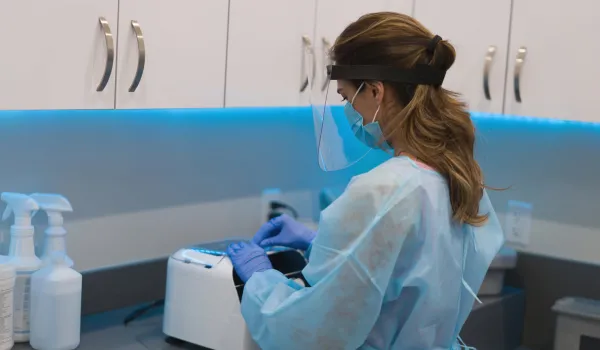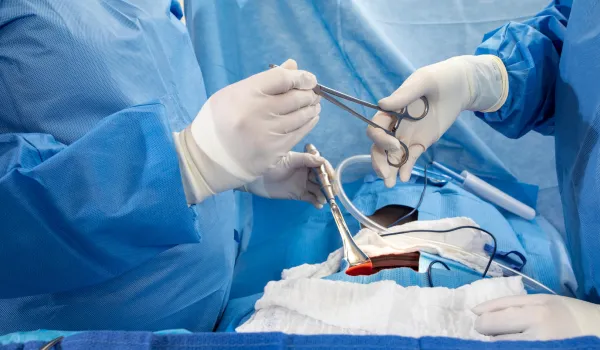Concorde Staff

As the nation deals with their first cases of Ebola, hospitals and other healthcare facilities work to put protocols in place for isolating and treating infected patients and containing hazardous materials.
Concorde Career College - Grand Prairie decided to take a proactive approach and reached out to the United States Public Health Service Department to help them properly educate their campuses in the Dallas area.
Do you know everything you need to know about the Ebola virus? Are you confused by all the misinformation being shared? To continue Concorde's proactive approach, we have provided some important FAQs to help get you up to date.
What is the Ebola Virus?
Ebola is a severe, often fatal disease found in several African countries. The first Ebola species was discovered in 1976 near the Ebola River. The host of Ebola remains unknown. However, researchers believe the virus is animal born with bats being the most likely host.
What are the signs and symptoms of Ebola?
- A fever greater than 101.5F
- Severe headache
- Muscle pain
- Weakness
- Diarrhea
- Vomiting
- Abdominal pain
- Unexplained bleeding or bruising
How is Ebola transmitted?
Ebola is spread through direct contact (through broken skin or mucous membranes) with:
- Blood or body fluids
- Objects like needles or syringes that have been contaminated with the virus
- Infected animals
Ebola can NOT be spread through air, water or food.
How do I protect myself from Ebola?
- Wash hands frequently
- Avoid contact with body fluids of any person who is sick
- Do not handle items that may have come in contact with an infected person's body fluids
- Seek medical help immediately if you develop any of the symptoms associated with Ebola
Who is at the highest risk of catching Ebola?
- Healthcare providers caring for Ebola patients
- Family and friends in close contact with the body fluids of sick patients
What is the treatment for Ebola?
Currently, there is no FDA-approved vaccine or medicine used to treat Ebola. Symptoms of Ebola are treated as they appear. Methods used that can significantly improve the chances of survival include:
- Administering intravenous fluids and balancing electrolytes
- Maintaining oxygen and blood pressure levels
- Treating other infections as they happen
Where can I find more information about Ebola?
Visit the Centers for Disease Control and Prevention website to learn more.

Take The Next Step Towards a Brighter Future
We have a Concorde representative ready to talk about what matters most to you. Get answers about start dates, curriculum, financial aid, scholarships and more!



